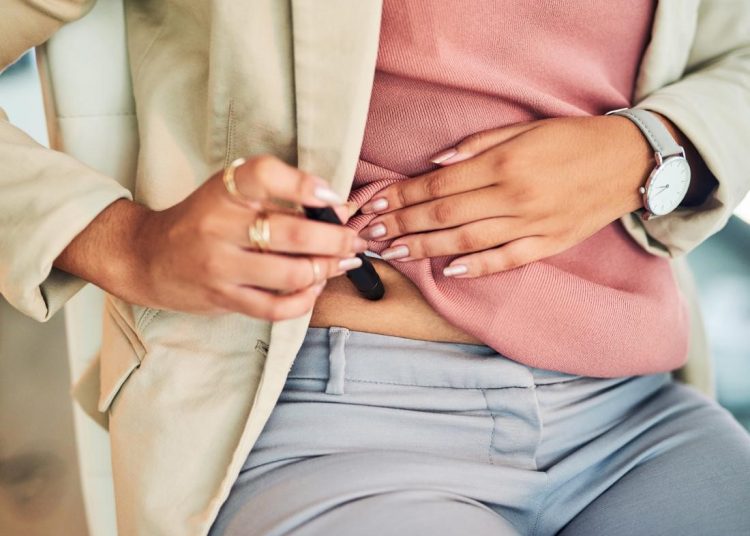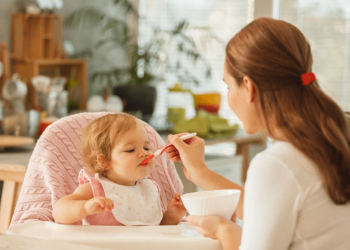Diabetes increases the risk of heart disease (the most common diabetes complication) by about four times in women but only about two times in men, and women have worse outcomes after a heart attack. Women are also at higher risk of other diabetes-related complications such as blindness, kidney disease, and depression. Not only is diabetes different for women, but it’s also different among women—African American, Hispanic/Latina, American Indian/Alaska Native, and Asian/Pacific Islander women are more likely to have diabetes than white women. Women with diabetes have more to manage. Stay on track by checking your blood sugar often, eating healthy food, and being active so you can be your healthiest and feel your best.
Many women will get a vaginal yeast infection at some point, but women with diabetes are at higher risk especially if their blood sugar levels are high. More than 50% of women will get a urinary tract infection (UTI) in their lifetime, and your risk may be higher if you have diabetes which causes high blood sugar levels and poor circulation (which reduces your body’s ability to fight infections). Also, some women have bladders that don’t empty all the way because of diabetes, creating a perfect environment for bacteria to grow.
What to do- Keep your blood sugar levels as close to your target range as possible and drink lots of water, wear cotton underwear, and urinate often instead of waiting until your bladder is full.
People with poor oral health can end up with more severe symptoms if they catch the coronavirus
Changes in hormone levels right before and during your periods can make blood sugar levels hard to predict. You may also have longer or heavier periods, and food cravings can increase diabetes. You may notice a pattern over time, or you may find that every period is different, it might be an alarming situation.
What to do- Check your blood sugar often and keep track of the results to see if there’s a pattern. If you use insulin, you might need to take more in the days before your period. Talk to your doctor about changing your dosage if needed. Being active on most days, eating healthy food in the right amounts, and getting enough sleep can all help too.
Diabetes can lower your interest in sex and other sexual activities and even your ability to enjoy it. For some women, vaginal dryness can make intercourse uncomfortable or even painful which can cause nerve damage, reduced blood flow, medications, and hormonal changes, including those during pregnancy or menopause.
What to do- Talk to your doctor if you’re having any sexual issues and the doctor can let you know your options, from using vaginal lubricants to doing exercises that can increase sexual desires.
If you know you want to have a baby, planning ahead is really important. Diabetes can make it harder to get pregnant, and high blood sugar can increase your risk for Preeclampsia (high blood pressure), delivery by cesarean section (C-section), miscarriage, or stillbirth.
What to do- Work and talk to your doctors to get your blood sugar levels in your target range and establish good habits such as eating healthy and being active. Your blood sugar levels can change quickly, so check them often and adjust your food, activity, and medicine as needed with guidance from your doctor.
























